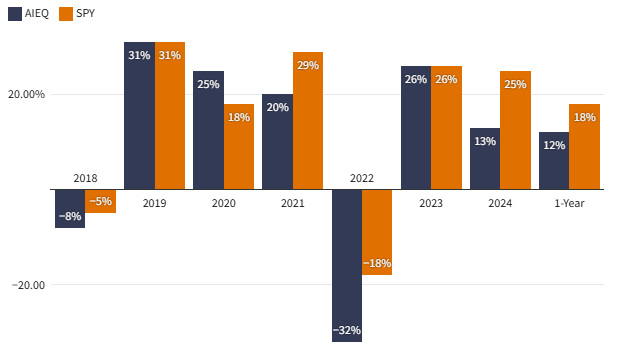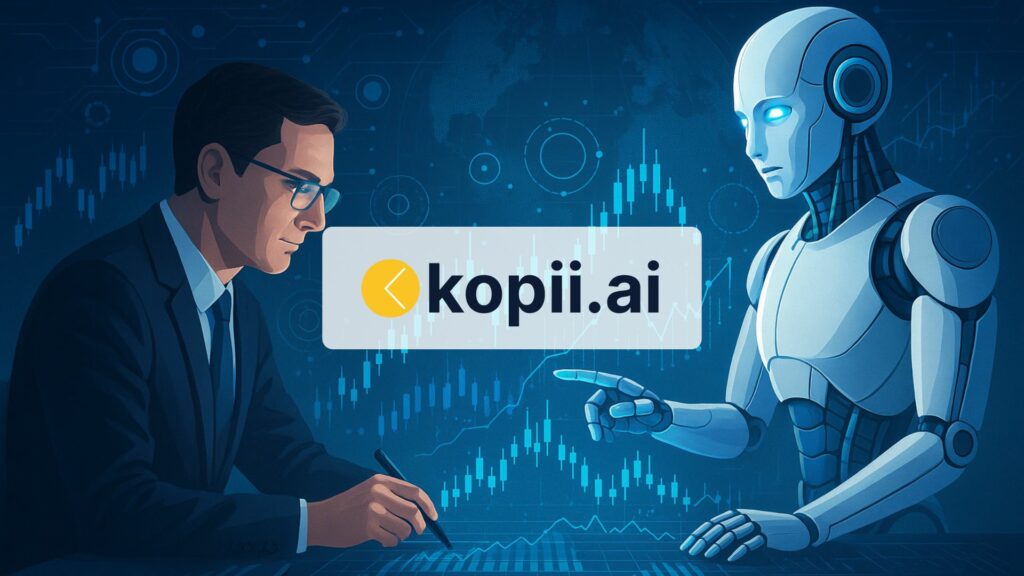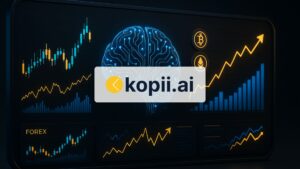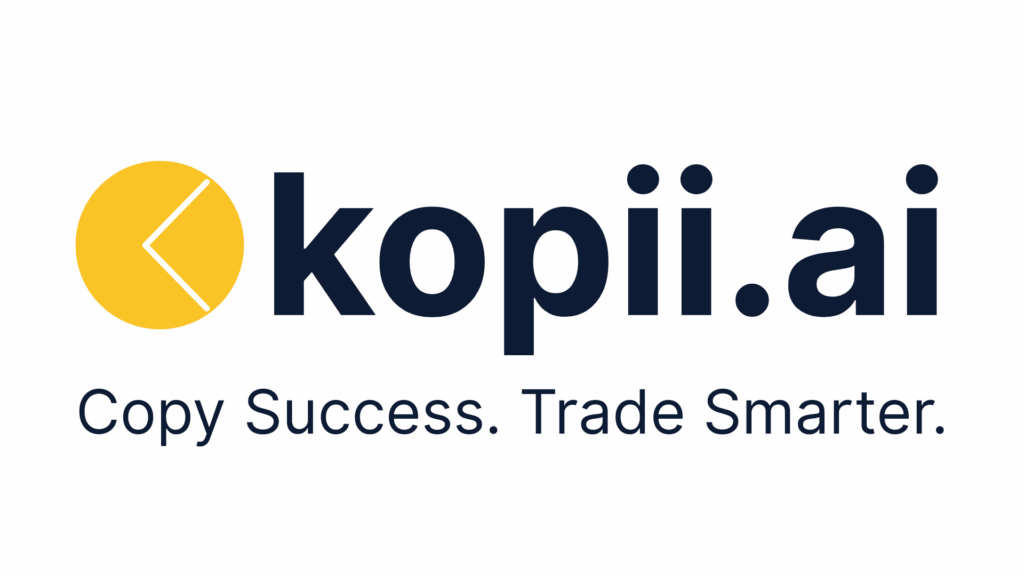Artificial intelligence is transforming the way investors approach financial markets, and according to industry veteran Sergey Ryzhavin, this revolution is only accelerating. Ryzhavin, head of trading tech firm B2COPY, has spent 15 years building AI-powered systems and sees profound changes ahead for both professional and retail investors.
AI’s Growing Role in Investing
AI is rapidly becoming central to investing strategies, led by three major applications:
- Robo-advisors managing diversified portfolios with minimal human oversight.
- AI-driven stock screeners analyzing massive datasets for overlooked opportunities.
- Automated trading systems executing transactions instantly and without emotion.
Industry surveys show that over 90% of investment managers are already using or planning to adopt AI, with more than half having implemented these systems in some form.
Ryzhavin predicts that in the next 1–2 years, AI will surpass human analysts across most domains — including technical, long-term, short-term, and even sentiment analysis using social media data.
When AI Beat Human Analysts
AI systems have already proven their edge in spotting early market signals:
- In 2020, Canadian firm BlueDot flagged the unusual pneumonia cluster in Wuhan nine days before the World Health Organization raised alarms about COVID-19.
- In 2023, AI models detected liquidity risks and overexposure at Silicon Valley Bank (SVB) well before its sudden collapse.

Unlike humans, AI runs 24/7, analyzing global markets at high speed without fatigue or emotional bias.

AI’s Limitations and Risks
Despite its strengths, Ryzhavin stresses that AI is not infallible:
- It doesn’t predict the future, only patterns from historical data.
- It can reinforce herd behavior and trigger systemic risks — as seen when AI systems amplified SVB’s bank run by escalating liquidity warnings.
- It shares human-like flaws, including confirmation bias and overfitting.
Complex, relationship-driven decisions such as mergers, acquisitions, and venture capital investing are still likely to remain human-dominated for years to come.
Why Human Judgment Still Matters
“AI doesn’t replace investors; it augments them,” Ryzhavin explains. The most resilient strategy is to combine AI-powered insights with traditional principles:
- Diversify across multiple AI systems rather than relying on one.
- Manage risk with discipline, especially during unprecedented events.
- Recognize that AI performance depends on the quality of its training data.
Regulatory Warnings
The U.S. Securities and Exchange Commission (SEC) has flagged concerns over “AI washing” — firms exaggerating their use of AI to attract investors. Ryzhavin cautions against the misconception that AI guarantees easy profits with no risk.
The Bottom Line
AI is reshaping investing, but it’s not a crystal ball. The future lies in leveraging AI’s speed and analytical power while preserving the human ability to judge the unquantifiable. Success in this new era will come not from choosing between humans and machines — but from combining the strengths of both.






